In case you are interested in seeing results 'only' for months, not taking in account years: (I.e. All reservations from any January, no matter what year):
SELECT MONTHNAME(Bo_Datebooked) as month, COUNT(1) as num_reservations
FROM Booking
GROUP BY month
ORDER BY num_reservations ASC
/* additionality add...
/* LIMIT 1 */
/* ...to see only the lower result */
In case you're concerned in differenciate months from each year (I.e: reseravations from January 2016, reservations from January 2012...):
SELECT CONCAT(MONTHNAME(Bo_Datebooked), YEAR(Bo_Datebooked)) as date, COUNT(1) as num_reservations
FROM Booking
GROUP BY date
ORDER BY num_reservations ASC
/* additionality add...
/* LIMIT 1 */
/* ...to see only the lower result */
Warning: any of this won't show you months with 0 reservations!!!


